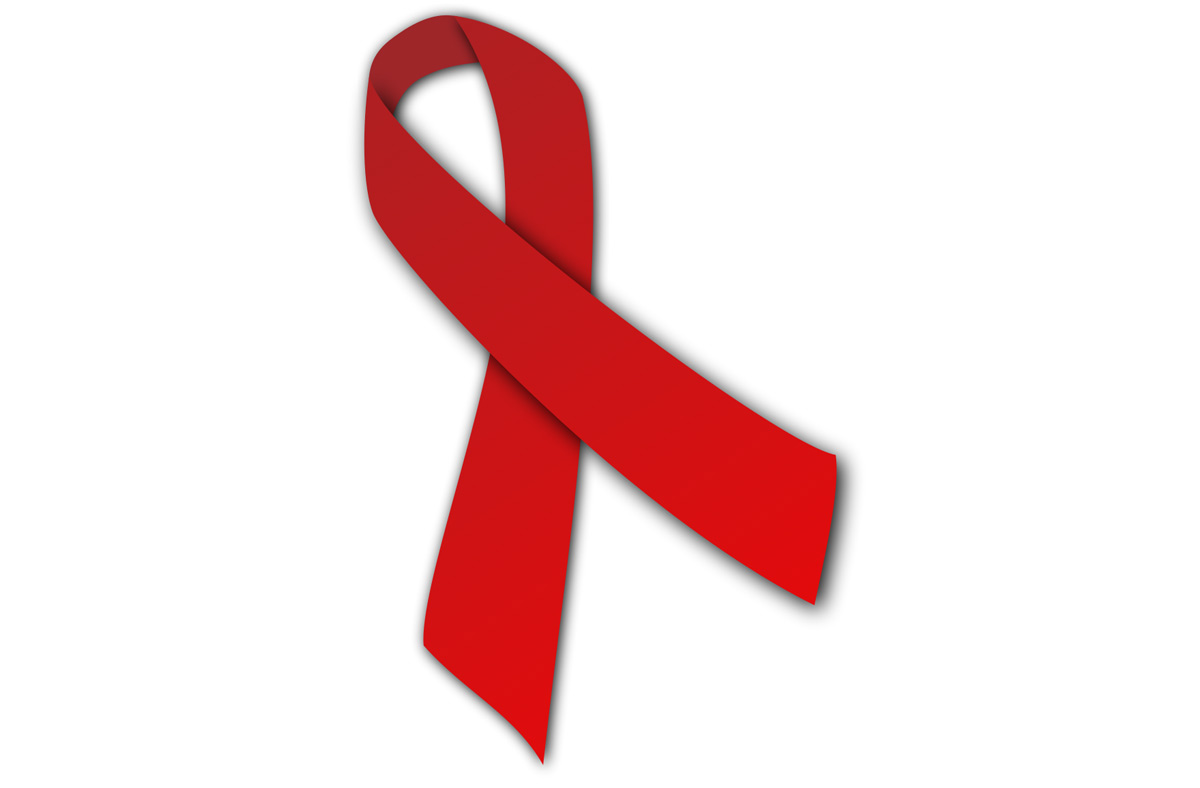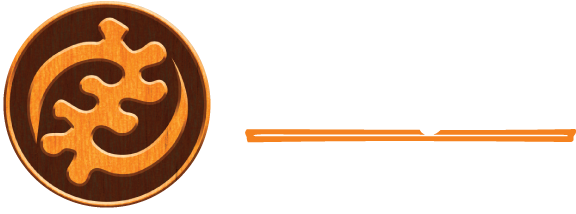
Press Release – 12/2/2021
Rafiki Coalititon for Health and Wellness Urges President
Biden to Include Local Community Based Organizations In
HIV/AIDS Policy Planning
The San Francisco-based nonprofit, Rafiki Coalition for Health and Wellness (formerly the Black Coalition on AIDS), welcomes President Biden’s new HIV/AIDS strategy that was released yesterday in commemoration of World AIDS Day. “We are cautiously observing this potentially positive development that acknowledges structural inequities and their impact on racial health disparities,” stated Dr. Monique LeSarre, the Executive Director of Rafiki Coalition. “I say cautiously because we, the African American community, have not to this date, seen health policies that address the multiple and intersectional challenges and social determinants that prevent the possibility for equity in national and local systems of care.” Dr. LeSarre urged the Biden Administration to engage in a more nuanced and comprehensive understanding of the lived realities and challenges faced by the most marginalized and vulnerable communities if we ever hope to end the HIV/AIDS epidemic.
As an agency with the stated mission of eliminating health inequities in San Francisco’s Black and marginalized communities, Rafiki has been on the forefront of addressing HIV/AIDS in the Black community since 1986, when a group of individuals and organizations created the Black Coalition on AIDS to respond to the impact of HIV/AIDS on San Francisco’s Black community. Currently, Rafiki offers an array of prevention and health wellness services to increase awareness and reduce the stigma of HIV/AIDS and mental health issues. Rafiki also runs an 11- bed transitional house and case management services to anyone living with HIV/AIDS, particularly to the African American community.
“Through the various wellness programs at Rafiki, we are in a unique position to witness how inequity and structural and interpersonal racism surface in the daily lives of the people we serve and impact their access to health,” Dr. LeSarre said. For example, “we constantly encounter the stigmatization of HIV/AIDS in the Black community as well as other communities,” she explained, “but we must consider how this stigma intersects with homophobia and racism if we are to make a real impact.”
It is also important to consider the reasons why HIV/AIDS is disproportionately increasing in African American communities even though medications such as PrEP, if taken as prescribed, have been highly effective in lowering one’s chances of getting HIV. Dr. LeSarre blames this on the multiple social determinants that create unstable and inequitable conditions within many African American communities. These conditions prevent access to PrEP, and perpetuate a much-justified mistrust in the medical and pharmaceutical industries that we now know have historically worked to the detriment of the African American community.
At Rafiki, we have come to understand, in very practical “hands-on” terms, how the social determinants of health are deeply entangled and must be addressed in a more coordinated and integrated manner. For example, Dr. LeSarre describes how social determinants such as a lack of access to housing, economic insecurity, substance abuse and addictions, a lack of access and information on medications such as PrEP, as well as trauma and mental health concerns all impact each other and the ability of a person with HIV/AIDS to maintain their health.
Dr. LeSarre explains that if a person with HIV/AIDS is unhoused and suffers from addiction or mental health challenges, it is practically impossible for them to find housing, as most transitional homes have strict rules around substance abuse. This person will most likely remain unhoused. She is calling for “low barrier” housing situations to support individual in establishing baseline stability in dealing with trauma and addiction before being placed in transitional housing to address their HIV/AIDS needs, such as access to PrEP. This scenario disproportionately impacts African Americans, who make up 3-5% of the total population of San Francisco and yet are 40% of the unhoused population. And this is just one scenario out of many that demonstrates how inequity surfaces in HIV/AIDS policies here in San Francisco, one of the wealthiest cities in the world.
While the world is focused on the most current COVID-19 pandemic, the staggering rates of HIV/AIDS infections must not be forgotten and must be addressed. As President Biden calls for a more comprehensive and integrated approach to dealing with HIV/AIDS, his policies must consider the data and information that organizations such as Rafiki can access and invite local community-based organizations such as Rafiki into this crucial conversation. Unless we understand the depth and the breadth of the problem how can we hope to alleviate it.
Share
Subscribe to our free newsletter
Keep up to date with what's going on at Rafiki.
* Add notice about your Privacy Policy here.



